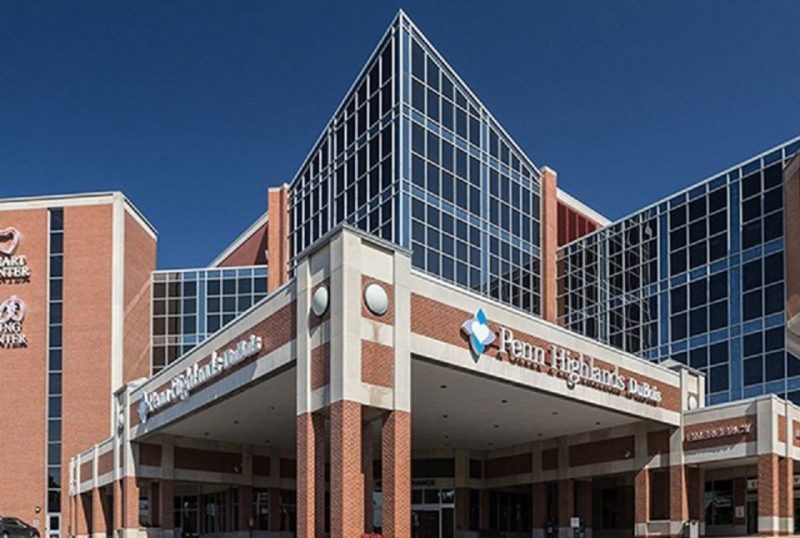DUBOIS – During Thursday’s teleconference with Penn Highlands Healthcare officials, the phases of vaccine distribution for COVID-19 were laid out and some questions were answered as well.
Chief Operations Officer Mark Norman said that 3,000 doses have been given out to employees in the healthcare system and they are planning on administering the second doses.
Both the Pfizer and Moderna vaccines require two doses to be effective.
When asked about whether any employees have refused to take the vaccine, Norman did not answer directly but said that they are not required to have it, but are encouraged to do so.
When the question was asked again in a different form, Norman stated that 3,000 employees have had the vaccine and some are talking with their doctors before having the vaccine, but would not confirm if any employee had refused the vaccine or if there were consequences for refusal.
Norman said they are wrapping up phase 1A and will soon be moving onto phase 1B, based on guidelines from the Centers for Disease Control and Prevention.
According to information on the CDC Web site, phase 1A includes healthcare personnel as well as those in long-term care facilities.
Norman confirmed that the vaccine has been given to the residents of Jefferson Manor and Pinecrest Manor, the long-term care facilities owned by PHH.
Phase 1B includes other front-line essential workers and phase 1C will include all other essential workers.
Dr. Shawn Sheehan, emergency director and lead on the coronavirus task force noted that there is a limited supply of the vaccine each time they get a shipment because of how the vaccine must be stored and how quickly it must be used once it arrives.
He also noted that the new variant of the virus that has been reported is not a surprise, as viruses often mutate, and that the vaccine will prevent that as well.
Sheehan said that PHH performed 32,529 tests in 2020 and in the first four days of 2021, 112 tested positive.
Officials continue to encourage citizens to practice safety measures including wearing masks, social distancing, washing hands thoroughly, disinfecting surfaces, etc., and Sheehan added that because of these precautions, they are seeing a downturn in influenza cases.
Another question from the media was in regards to the side effects of the vaccine, and Andrew Kurtz, head of the pharmacy services with PHH, said the CDC is reporting one in one million are experiencing major side effects, and locally there have been reports of some minor issues, but most report having soreness at the vaccine site.
Sheehan added that the vaccine is safe and he personally has no reservations about it.
He said he hopes for 2021 that we become a better, stronger society and are better prepared for the next pandemic.
As to when things will return to normal, Sheehan referred to Dr. Anthony Fauci’s prediction that it will not be until this fall or the end of 2021.
